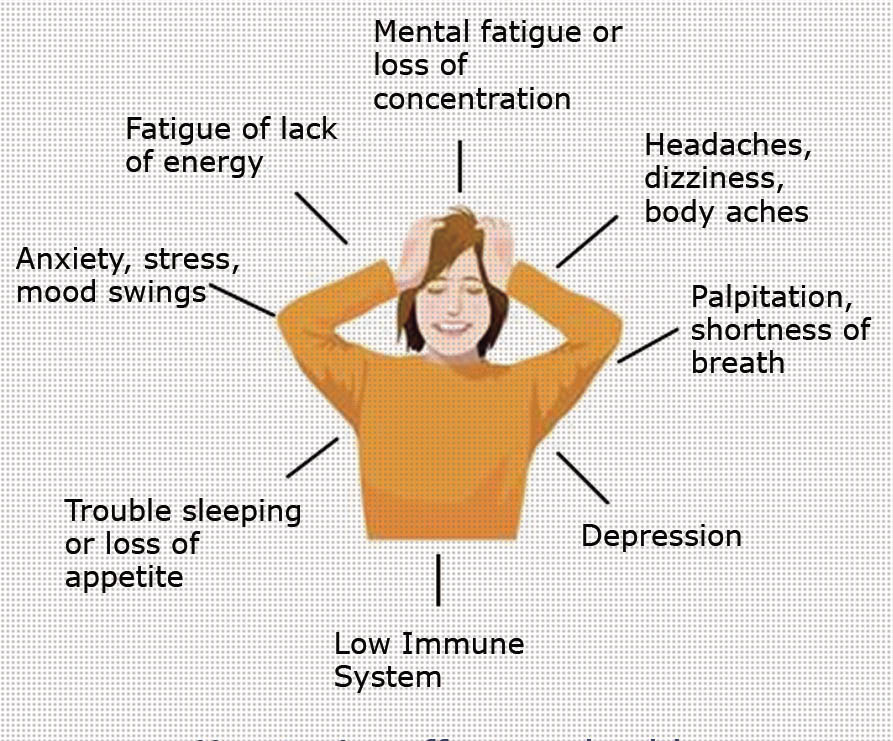People at an early stage of love have lower levels of serotonin and higher levels of cortisol this is strikingly similar to those people who have ocd which explains why we act so out of character when we fall for someone

People at an Early Stage of Love: The Connection with Serotonin and Cortisol
Love, an emotion that has captivated humanity for centuries, has always been a topic of interest for scientists, poets, and philosophers alike. Countless songs, poems, movies, and novels have been dedicated to unraveling the mysteries of this profound feeling. But did you know that the chemistry behind falling in love can impact our brain in some unexpected ways?
A fascinating fact emerges, shedding light on the biological basis of love: individuals in the early stages of this intense emotion exhibit lower levels of serotonin and higher levels of cortisol. Strikingly similar to those affected by Obsessive-Compulsive Disorder (OCD), this chemical imbalance could explain why we sometimes act entirely out of character when we fall head over heels for someone.
To understand this intriguing connection, let’s delve into the science behind it. Serotonin, often referred to as the “happiness hormone,” plays a crucial role in regulating mood and emotional well-being. It is responsible for stabilizing our moods, feelings of contentment, and overall happiness. On the other hand, cortisol, commonly known as the “stress hormone,” is released in response to stress and helps to control our body’s fight-or-flight response.
Research published in the National Library of Medicine has provided substantial evidence linking serotonin with love and romantic relationships 1^. This study indicates that serotonin levels tend to drop in individuals engaged in the initial stages of love and attraction. Lower serotonin levels are associated with an increase in obsessive thoughts, anxiety, and even compulsive behaviors – the same symptoms observed in individuals with OCD.
Additionally, the heightened cortisol levels found in those experiencing the early stages of love can contribute to feelings of anxiety, restlessness, and an overall sense of discomfort. These elevated stress hormone levels might explain the inexplicable nervousness and jittery feelings encountered during this period. It’s as if Cupid has shot his arrow straight into our brain, causing a whirlwind of emotions and chemical imbalances.
Understanding the neurochemical changes during the early stages of love not only provides insight into our behavior and emotions but also helps us comprehend how love affects our overall well-being. It is no wonder that we can feel so overwhelmed, consumed, and almost out of control when we fall for someone. Cupid’s arrow strikes deep, affecting our brain chemistry and driving us into this euphoric state of love.
In conclusion, fascinating research has unearthed a remarkable connection between falling in love and neurochemical changes in the brain. The decrease in serotonin levels and increase in cortisol levels during the early stages of love mirror the symptoms experienced by individuals with OCD. By comprehending these chemical imbalances, we gain a deeper understanding of why falling in love can make us feel so incredibly elated and, at times, entirely out of character. Love is undoubtedly a complex emotion rooted in an intricate interplay of biological and psychological factors, making it all the more captivating and mysterious.
For more information on the neurochemical changes during love, you can refer to the study conducted by Acevedo BP and Aron A (2009).


- Acevedo BP, Aron A (2009). “Does a Long-Term Relationship Kill Romantic Love?“. Review of General Psychology. ↩
Share
Related Posts
Quick Links
Legal Stuff

